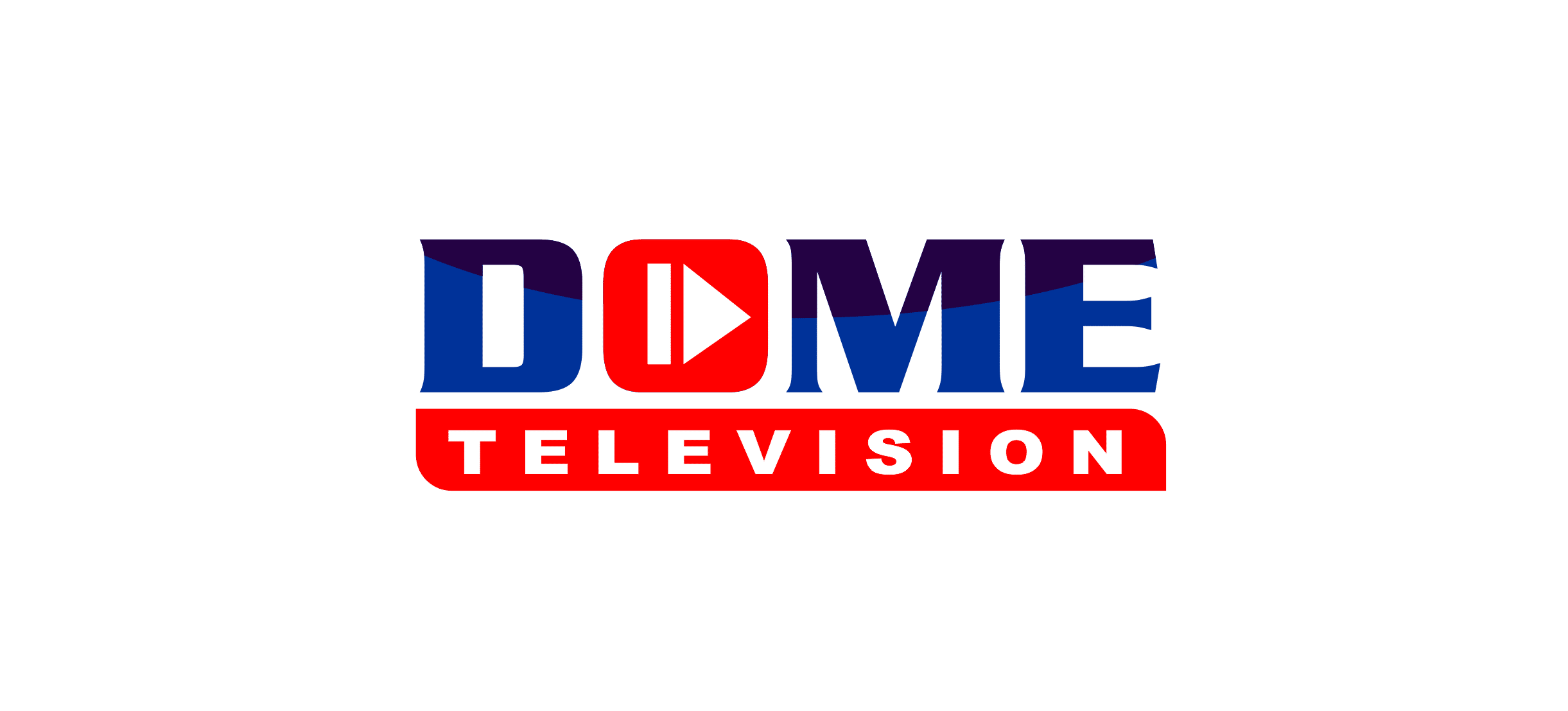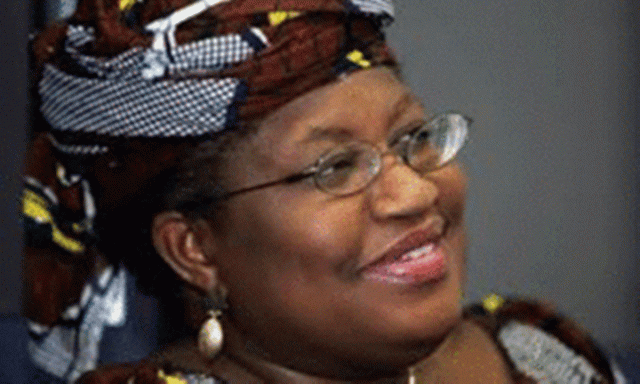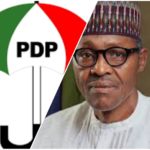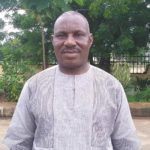|
Getting your Trinity Audio player ready...
|
Just seven months into her four-year tenure as the Director General at the World Trade Organisation (WTO), there are reports that Dr Ngozi Okonjo-Iweala is growing frustrated with the workings of the organization and has floated the idea of resigning if no headway can be found on critical issues.
According to Bloomberg, five trade officials, who declined to be identified, reported that Okonjo-Iweala has fully grasped the frustrating reality of the WTO’s historical inertia, and has considered quitting.
The officials said that she has repeatedly told ambassadors and staff that she could easily walk away from the job, and reminds them she hasn’t bought any furniture for her temporary home in Geneva.
But in a statement to Bloomberg News on speculation that she wants to run in the 2023 Nigeria’s presidential election, Okonjo-Iweala didn’t comment about her threats to resign but denied any interest in running for the Nigerian presidency, calling such speculation “utterly ridiculous and not true”.
She added: “I just got here. I am enjoying what I’m doing. It is a very exciting job and I am trying to have some successes here.”
Ngozi Okonjo-Iweala began her tenure with a plan to score quick negotiating victories that she hoped would help reboot the dysfunctional Geneva-based trade body.
Observers note that her early departure would add yet another layer of chaos to an organization suffering from an existential crisis that may lead governments to conclude that WTO is not a credible forum for addressing their shared challenges.
Deep divisions and a lack of trust are not new for the WTO, which requires consensus agreement among all 164 members to finalize multilateral accords.
The WTO’s rigid negotiating structure and disparate interests of its diverse membership have precluded the organization from delivering anything substantial for the better part of the past decade.
Last year, Okonjo-Iweala’s predecessor – Roberto Azevedo – cited the lack of progress at the WTO as his primary reason for resigning from the organization a year before his tenure was scheduled to end.
The true test of Okonjo-Iweala’s leadership will come later in November, when she hosts the WTO’s 12th ministerial conference – a gathering of the organization’s highest decision-making body.
To date, WTO members have failed to make significant headway on the three priority areas Okonjo-Iweala identified for potential outcomes at the biennial meeting. These are: an agreement to curb harmful fishery subsidies; a pledge to reduce trade-distorting agricultural policies; and a framework to expand global trade in vaccines, therapeutics and diagnostics.




